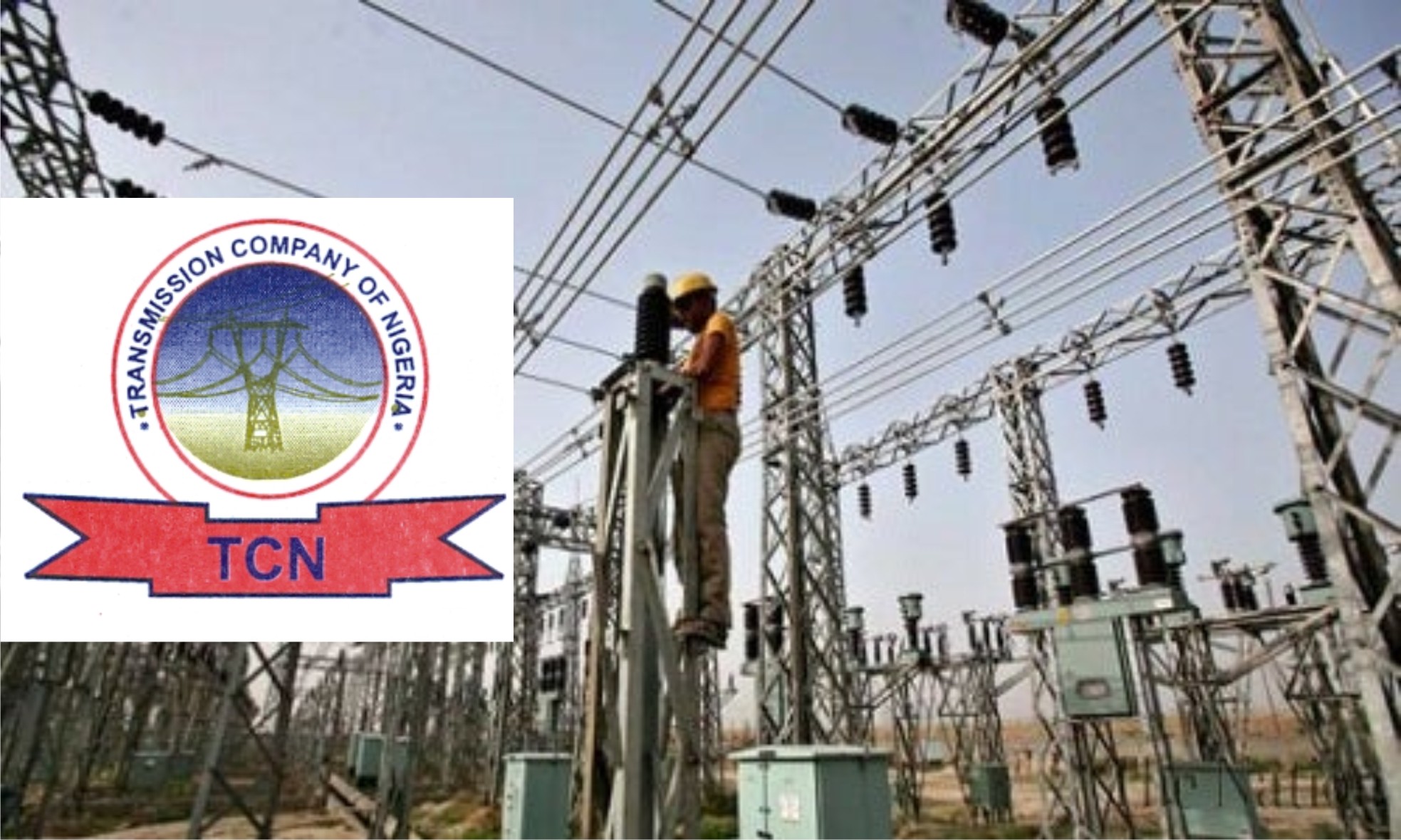Business
Galaxy Backbone Receives Certification
Galaxy Backbone, a government Information Technology organisation, has received the certification of ISO/IEC 20000 for its commitment to ensure information security and service delivery within government institutions in the country.
ISO/IEC 20000 is an international standard given to organisations that have demonstrated excellence, proved best practices in IT Service Management and achieved evidence based standard for IT delivery.
The Tide source reports that the certification was presented by the British Deputy High Commissioner to Nigeria, Mrs Harriet Thompson.
The Managing Director of Galaxy Backbone, Mr Yusuf Kazaure, said that the yearnings of Ministries, Departments, Agencies (MDAs) informed the change in its service delivery that resulted to the company’s achievement.
According to him, the sole dependence of the country’s economy on oil also engendered more proactive measures to unburden the sector.
“Galaxy Backbone had in the past met its customers’ needs but more needed to be done and it was imminent we had to review our business module.
“Another thing is the economic reality; the price of oil dramatically dropped, government funds were not able to support infrastructure and that puts pressure on our consumers which are the government agencies.
“In the light of that, we met at the management team and came up with a new vision for galaxy in 2015 which we called Galaxy 2.0 Strategy.
“That was to improve long term financial sustainability by striking the right balance between controlling business of today and pursuing goals in our business of tomorrow.
“We also wanted to become an indigenous industry to solve government’s problem in ICT, be indispensible to our customers for the right reasons and entrench the culture of innovation.
“But to obtain optimum customers’ satisfaction made the company aim for the ISO/IEC 20000 standard, which is the international information security standard,” he said.
The MD, however, said that it took the organisation six years to evaluate the strategy, adding that it was among the first organisations to attain the standard in the country.
He said that the process included training of every staff of the organisation to have IT foundation, while some others were placed on professional examinations.
Kazaure added that the organisation had redesigned all its processes to ensure that the necessary technology problems were handled properly to satisfy their consumers.
He said that the company in the previous year engaged the process of customer satisfaction index on the ISO/IEC 20000 standard to ensure it had value on targeted consumers.
The British Deputy High Commissioner said that the commission had in the past supported ICT companies which included the Galaxy Backbone.
Thompson said that the company had showcased a level of competence to handle IT related issues in the government sphere.
“The company as a pace setter and government organisation has proved that it has the ability to attain international standard in IT.
Business
CBN Unveils NTNIA, NRNOA Accounts For Diaspora Nigerians’ Investment

Business
Diesel Price Hike: Manufacturers Opt For Gas

Business
TCN Debunks Grid Collapse, Says Lines Tripped

-
Business14 hours ago
Firm Collaborates Mastercard, USAID-Aliance To Empower 10,000 Digital Businesses
-
Sports11 hours ago
Golf: Osaze Reveals Nigeria Olympic Dream
-
Rivers14 hours ago
CAN Tasks Christians On Support For Fubara
-
Sports11 hours ago
CAF Postpones CHAN To August
-

 Business13 hours ago
Business13 hours agoDiesel Price Hike: Manufacturers Opt For Gas
-

 Nation10 hours ago
Nation10 hours agoPolice Kill Notorious Cultist In Rivers, Recover Gun, Ammunition
-
Business14 hours ago
FG Unveils Co-Investment Plans In Telecom Infrastructure Expansion
-
Sports11 hours ago
NFF Explains Why They Hired Ex-Malian Coach

